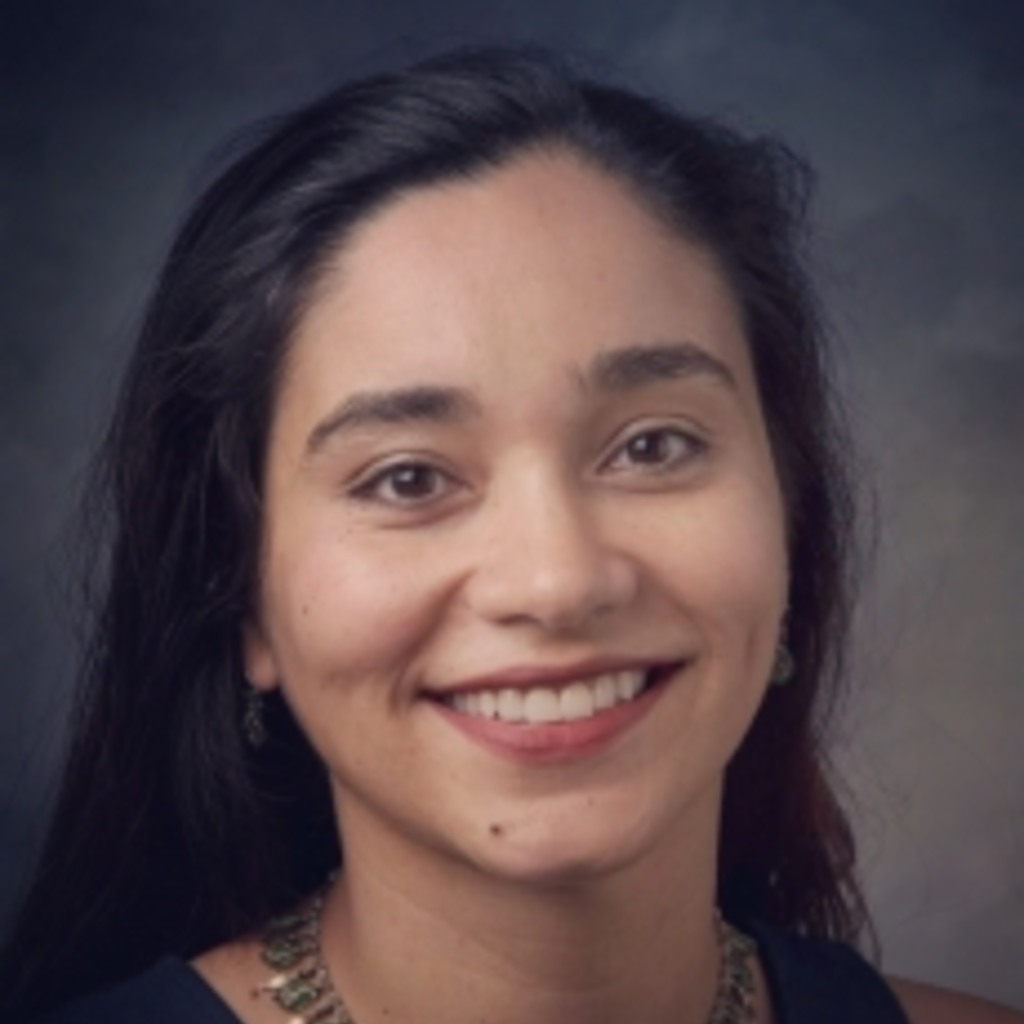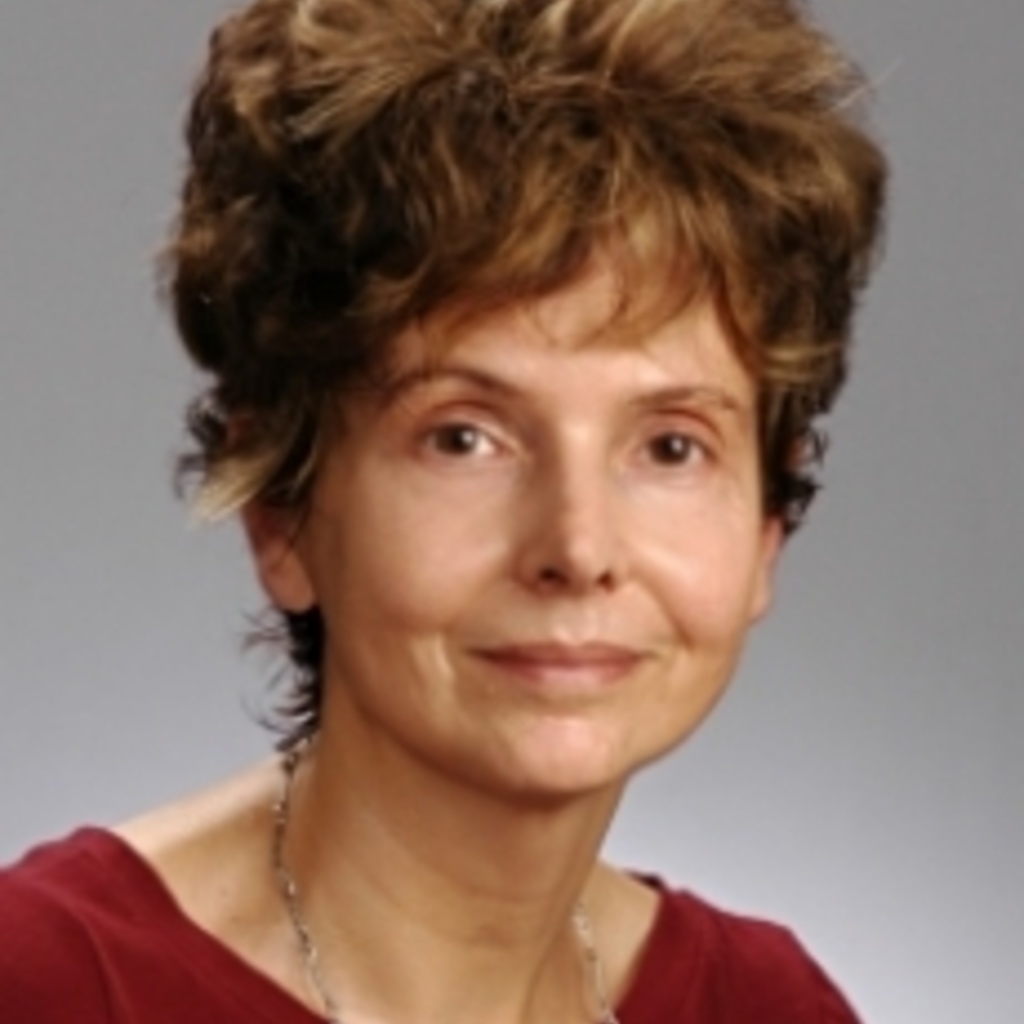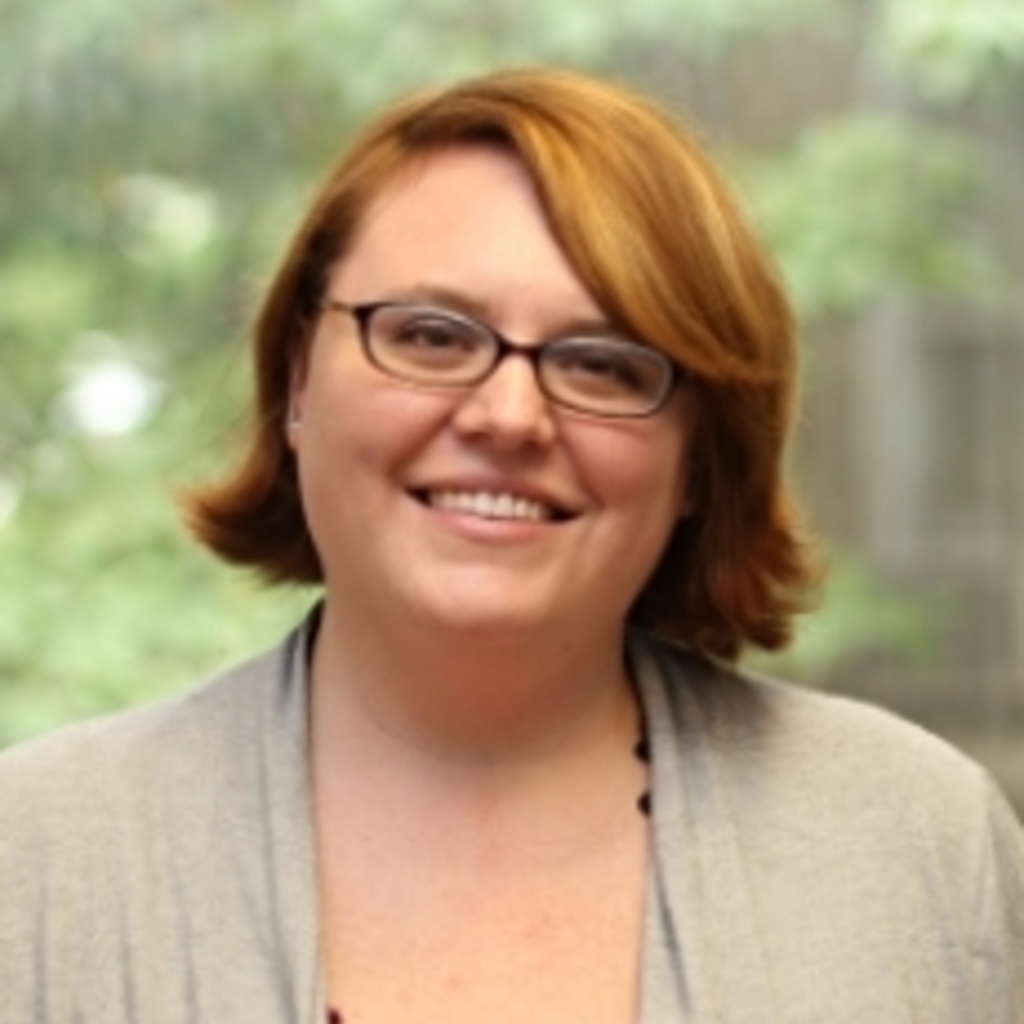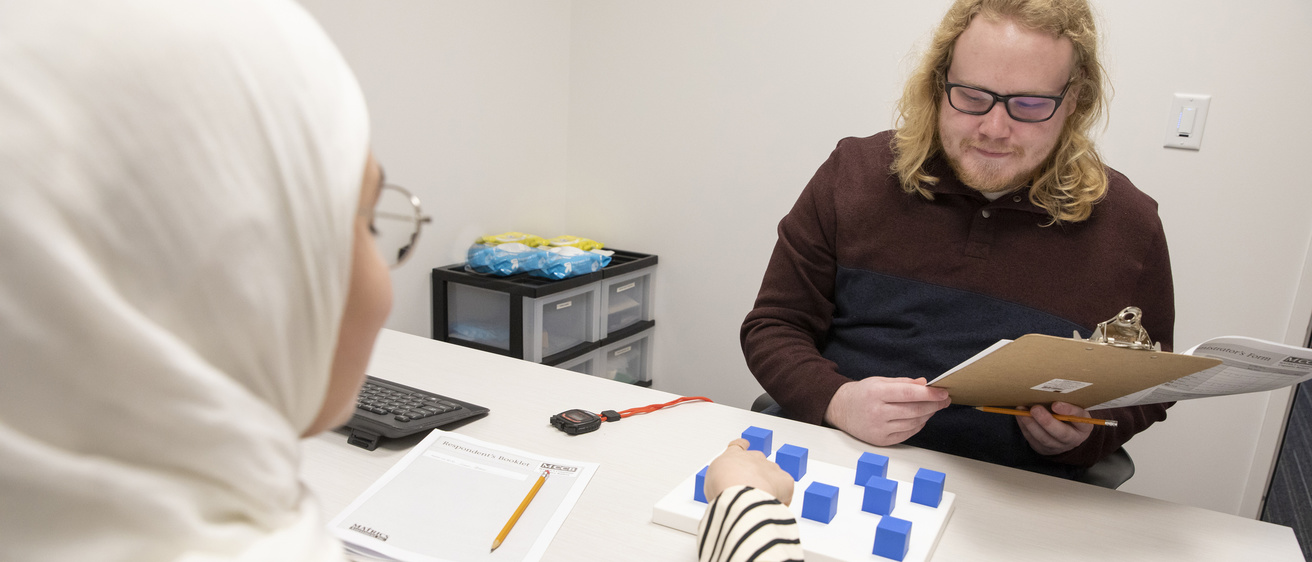Main navigation
Specialized training and advanced methodology
The faculty in the developmental psychopathology research group conduct basic and translational research that encompasses diverse questions, is informed by various theoretical perspectives, and deploys a broad range of methodologies. They share a common goal of elucidating the origins and mechanisms of adaptive and maladaptive developmental trajectories and pathways, as well as identifying biomarkers for neurodevelopmental disorders.
The program
Our interests span a wide range of processes, including language, cognition, social-emotional development, social cognition, self-regulation, temperament, and parent-child relationships. These transdiagnostic processes are highly relevant to a range of clinical and developmental disorders, including anxiety disorders, autism spectrum disorder (ASD), attention-deficit/hyperactivity disorder (ADHD), conduct disorder, oppositional defiant disorder, psychosis spectrum, specific language impairment, dyslexia, and substance use disorders across a wide age range (from infancy to adulthood). Such processes are also relevant to broad developmental phenomena associated with risk and resilience, as well as pathways of positive adaptation, growth, and competence.

What we provide
Specialized graduate training in developmental psychopathology can be pursued through any of our broad graduate training areas (behavioral and cognitive neuroscience, cognition, or clinical science) or through our individualized graduate training track. We invite applications from interested candidates with a strong commitment to research. Graduate student applicants with interests in developmental psychopathology should first identify one or more potential mentors. Potential applicants are then encouraged to contact these specific faculty for further information on how to apply. Once accepted into the graduate program, students and their mentors will design individualized, student-centered programs of study that best fit their interests and their future career objectives. Graduate training in developmental psychopathology can be pursued both with and without training as a licensed clinical psychologist.
A cross-discipline approach
The developmental psychopathology research group is closely aligned with the developmental science research group, which focuses on understanding the basic processes and mechanisms of developmental change in language, cognitive, and perceptual-motor skills. Members of the developmental psychopathology research group are also closely aligned with the behavioral and cognitive neuroscience research group, with a focus on the neurobiological mechanisms in the brain underlying neurodevelopmental pathologies. Students with interests in these areas should contact potential faculty mentors for further information about opportunities for graduate study.
Faculty within the Developmental Psychopathology Lab conduct their interdisciplinary research with collaborators in departments across the university, including computer science, communication sciences and disorders, psychiatry, pediatrics, College of Nursing, and College of Public Health. For example, recent interdisciplinary student projects have involved:
- Examination of associations between chromosomal telomere length and ADHD symptomatology and impairment.
- Use of virtual environment technology to examine the impact of parent-child conversations about safety on children’s risky behavior when crossing roads.
- Genetic and neurocognitive factors that link risk associated with preterm birth to ADHD and other neurodevelopmental disorders in childhood.
Potential collaborators outside the Department of Psychological and Brain Sciences
College of Nursing
- Lisa Segre, PhD
Carver College of Medicine, Department of Psychiatry
- Hanna Stevens, MD, PhD
- Jacob Michaelson, PhD
- Peggy Nopoulos, MD
- Jatin Vaidya, PhD
Carver College of Medicine, Department of Pediatrics
- Kelli Ryckman, PhD
- John Dagle, MD, PhD
In addition to their primary involvement in their mentors’ laboratories, students will engage in interdisciplinary coursework, participate in broader scientific communities (e.g., DeLTA Center), and have access to settings that offer clinical training and/or clinical-research opportunities.
Examples of settings that offer clinical training and/or clinical-research opportunities in child and adolescent psychopathology:
- The Seashore Clinic (the in-house clinic for the Department of Psychological and Brain Sciences)
- The University of Iowa Hospitals & Clinics, including the Stead Family Children’s Hospital
- The University of Iowa Speech, Language, and Hearing Clinic
Contact us
For more information about clinical training settings, please visit the Clinical Science area page or contact Dr. Molly Nikolas or Dr. Isaac Petersen.
Faculty in developmental psychopathology

Bengi Baran

Ece Demir-Lira

Grazyna Kochanska

Bob McMurray

Molly Nikolas

Isaac Petersen

